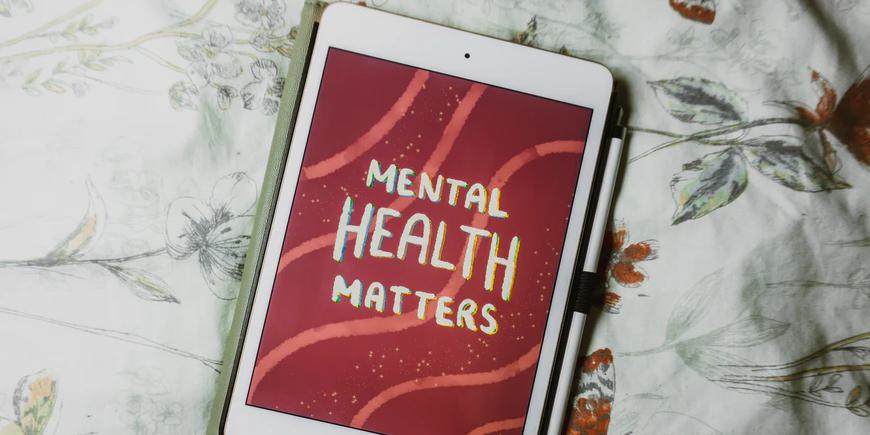Alabama Gov. Kay Ivey (R) announced the funding of two additional Mental Health Crisis Center locations, expanding the Alabama Crisis System of Care.
The two new centers represent a 50% increase for the state’s current system. The state already has crisis centers in Huntsville, Birmingham, Montgomery and Mobile. The crisis centers serve individuals with mental illness and substance use disorders at staged levels of care.
“The state of Alabama is proud to continue doing its part to offer top-notch crisis care to people in need,” said Ivey. “During my time as governor, I’ve placed a renewed focus on finding innovative ways to support Alabamians that find themselves battling mental health issues, and I have no doubt that these two new facilities are going change lives for the better.”
The fiscal year 2023 awarded Community Mental Health Centers are Indian Rivers Behavioral Health in Tuscaloosa County and SpectraCare Health Systems in Houston County.
“We are committed to ensuring all Alabamians have someone to call, someone to respond, and if needed, someplace to go in times of crisis,” said Alabama Department of Mental Health Commissioner Kim Boswell. “We are thankful for Gov. Ivey’s leadership and the Legislature’s continued investment in our state’s crisis system of care, expanding access to even more individuals and their families.”
SEE ALSO: Pandemic impact: Mental health crisis facing youth of America hits home
The two newly awarded centers in Tuscaloosa County (Region 2 – Tuscaloosa) and Houston County (Region 4 – Dothan) will serve large populations in the regions, with additional special populations, including veterans and young adults. The current crisis centers are located at AltaPointe Health in Mobile, WellStone in Huntsville, the Montgomery Area Mental Health Authority in Montgomery and the Jefferson, Blount, St. Clair (JBS) Mental Health Authority in Birmingham.
Mental Health Crisis Centers are a designated place for community members, law enforcement, and first responders to take an individual who is having a mental health crisis. The centers offer both walk-in access and the capacity for first responders and law enforcement to transfer individuals to the center for crisis care for a warm hand-off to staff, short-term admission, medication management and case management. Services will also include critical crisis intervention and stabilization services, discharge planning and connections to ongoing behavioral health care services, if needed.
A recent ranking of states on mental health systems ranked Alabama at 46, just ahead of Georgia, Mississippi, Missouri, and Wyoming.
According to the report, 21% of people in Alabama have a diagnosed mental illness, 11% of people with a mental illness could not receive care from any source, and 19% of people with a mental illness in Alabama do not have insurance.
The study’s spokesperson Emily Lamb said, “May is Mental Health Awareness Month, and right now, more people are dealing with mental health issues than ever before. Our team of analysts evaluated access to care, illness prevalence, insurance rates, and more to find out how each state is caring for people with mental health issues. We found that Alabama ranks among the worst in mental health care at 46th (lower is better).”
According to the U.S. Department of Veteran Affairs, Alabama has a higher suicide rate than the national average.
The initial three Crisis Centers were funded with an $18 million appropriation in the FY2021 General Fund budget, with continued funding appropriated in the FY2022 and FY2023 General Fund budgets to support the existing Crisis Centers and add new Crisis Centers across the state.
To connect with the author of this story, or to comment, email brandon.moseley@1819News.com.
Don’t miss out! Subscribe to our newsletter and get our top stories every weekday morning.










